The Power of Daily Choices: How Small Changes Lead to a Better Life
In the grand scheme of life, it’s easy to feel overwhelmed by the big decisions and long-term goals that lie ahead. However, the secret to a better life often lies in the small, seemingly insignificant daily choices we make. These choices, while minor on their own, accumulate over time to create profound impacts on our well-being and overall happiness.

In this blog, we’ll explore how making small, intentional changes each day can lead to a significantly improved life.
Table of Contents
1.The Ripple Effect of Daily Choices:
Every day, we make countless choices, from what to eat for breakfast to how we respond to stress. While each individual choice might seem trivial, together they create a ripple effect that influences our health, relationships, and personal growth.
For instance, opting for a nutritious breakfast rather than a sugary one can boost your energy levels and set a positive tone for the day. Similarly, choosing to take a few minutes for mindfulness can reduce stress and improve your mood.
2. Building Positive Habits
We all have goals we want to achieve, whether they’re related to health, career, relationships, or personal development. The secret to reaching these goals often lies not in grand, sweeping changes but in the small, daily habits we create. Building positive habits is one of the most powerful ways to foster lasting change and improve various aspects of your life. we’ll explore why positive habits are essential, how they shape your future, and actionable strategies to help you build and sustain habits that bring you closer to your goals.
Why Positive Habits Matter
Habits are the foundation of our lives—they’re the small decisions we make and actions we take on a daily basis, often without even thinking about them. Over time, these habits compound and shape who we are, influencing everything from our health and happiness to our productivity and success.
Positive habits—like exercising regularly, eating healthy, or staying organized—help us align our daily actions with our long-term goals. On the other hand, negative habits can hold us back, making it harder to achieve what we truly want.
Why are habits so powerful?
- Consistency is Key: Habits allow you to stay consistent with your efforts over time, turning what was once difficult into something that feels natural and automatic.
- Small Wins Add Up: Even small, positive changes in your daily routine can lead to significant improvements in the long run. For example, reading just 10 pages a day may not seem like much, but it adds up to 3,650 pages a year.
- Increases Willpower:When you build positive habits, you reduce the need to rely on willpower and motivation alone. Once something becomes a habit, it requires less mental energy to stick with it.
Steps to Building Positive Habits
Now that we know how habits are formed, let’s look at some practical steps you can take to build positive habits that last.
1. Start Small and Build Gradually
When building new habits, it’s tempting to aim for dramatic changes right away. However, starting small is the best approach to make your habits stick. Small, achievable goals are easier to maintain, and over time, they build momentum.
Example: If your goal is to read more, start by reading for just 5 minutes a day. Once that becomes easy, gradually increase your reading time.
2. Make Your Habits Specific and Measurable
Vague goals can be difficult to follow through on, so it’s important to make your habits as specific as possible. Clearly define what you want to accomplish and set measurable targets.
Example: Instead of saying, “I want to get fit,” try, “I will go for a 20-minute walk every morning.”
3. Attach New Habits to Existing Routines
One of the most effective ways to build new habits is to attach them to habits you already have. This technique is known as “habit stacking.” By linking a new behavior to an existing routine, you’re more likely to remember and follow through.
Example: If you want to start meditating, stack it onto an existing habit like brushing your teeth. After you brush your teeth, meditate for 5 minutes.
4. Create a Reward System
Rewarding yourself after completing a habit helps reinforce the behavior. The reward doesn’t have to be extravagant—simple rewards like enjoying a cup of coffee after a workout or crossing the task off a to-do list can be motivating.
Example: After finishing a morning workout, reward yourself with a smoothie or a few minutes of relaxation.
5. Track Your Progress
Tracking your habits can give you a sense of achievement and help you stay motivated. Whether you use a habit-tracking app, a journal, or a simple checklist, seeing your progress over time can reinforce the habit and keep you on track.
Example: Create a daily or weekly checklist to track how often you stick to your new habit. Marking off each day you complete the habit will give you a sense of accomplishment.
6. Be Patient and Consistent
It’s important to remember that building a habit takes time. According to research, it can take anywhere from 18 to 254 days to form a new habit, depending on the person and the complexity of the habit. Don’t get discouraged if it takes longer than expected—consistency is key.
Example: Commit to your new habit for at least 30 days, even if it feels challenging at first. With time and repetition, it will become second nature.
7. Plan for Obstacles
Life is unpredictable, and you may encounter obstacles that disrupt your habit-building process. Whether it’s a busy schedule, travel, or unexpected events, it’s important to plan for these moments and find ways to stay on track.
Example: If you’re traveling and can’t stick to your usual workout routine, plan a shorter exercise session in your hotel room or go for a walk in a nearby park.
The Impact of Positive Habits on Your Life
Building positive habits not only helps you reach your goals but also enhances your overall quality of life. Here are a few ways habits can have a lasting impact:
- Improved Mental and Physical Health: Habits like exercising regularly, eating nutritious foods, and practicing mindfulness can significantly improve your health and well-being.
- Increased Productivity: Habits such as setting daily priorities, minimizing distractions, and staying organized help you get more done in less time.
- Greater Confidence: Successfully building and maintaining habits boosts your self-confidence and belief in your ability to achieve bigger goals.
- Long-Term Success: Positive habits create a solid foundation for personal and professional growth. The daily actions you take shape your future, leading to long-term success in various areas of life.
3. Prioritizing Self-Care:
Daily choices that prioritize self-care are essential for maintaining balance and well-being. Self-care isn’t just about spa days or indulgent treats; it’s about making decisions that support your mental, emotional, and physical health. This might include setting boundaries at work, taking breaks to recharge, practicing gratitude, or ensuring you get enough sleep. In our fast-paced, achievement-driven world, the importance of self-care can often be overlooked. We juggle responsibilities—whether at work, home, or in our personal lives—and frequently put our own needs on the back burner. However, prioritizing self-care is not a luxury; it’s a necessity for our overall well-being, productivity, and success. we’ll explore what self-care truly means, its benefits, and practical strategies for incorporating self-care into your daily routine.
What is Self-Care?
Self-care refers to the intentional actions we take to care for our mental, emotional, and physical health. It encompasses a wide range of activities that replenish our energy, reduce stress, and promote overall wellness. From setting boundaries to engaging in hobbies, self-care is about recognizing our own needs and taking steps to meet them.
The Importance of Prioritizing Self-Care
Enhances Relationships Self-care isn’t just about individual well-being; it also positively impacts your relationships. When you take care of yourself, you are better equipped to show up for others, communicate effectively, and nurture your connections. Healthy boundaries and self-awareness improve your interactions, leading to more fulfilling relationships.
Reduces Stress and Prevents Burnout One of the most immediate benefits of self-care is its ability to reduce stress. When we consistently prioritize our well-being, we create a buffer against the pressures of daily life. This, in turn, helps prevent burnout, a state of physical and emotional exhaustion that can arise from chronic stress and overwhelming responsibilities.
Improves Mental Health Engaging in self-care activities can enhance your mood and overall mental health. Practices such as mindfulness, meditation, and physical exercise have been shown to reduce symptoms of anxiety and depression. Prioritizing self-care creates a positive feedback loop, improving your emotional resilience and well-being.
Boosts Productivity and Focus Taking time for self-care may seem counterintuitive in a busy world, but it can actually boost your productivity. When you prioritize self-care, you recharge your energy and sharpen your focus, allowing you to approach tasks with renewed motivation and creativity.
3.Creating a Vision for Your Life
Having a clear vision for your life helps guide your daily choices in alignment with your long-term goals. In a world filled with distractions and competing demands, it’s easy to lose sight of what truly matters to you. Creating a vision for your life is essential for setting a purposeful direction and achieving your long-term goals. A clear vision acts as a guiding star, helping you navigate challenges and make decisions that align with your values and aspirations. we’ll explore the importance of having a vision for your life, the steps to create one, and how to bring that vision to fruition.
Why a Vision is Important
Encourages Personal Growth A vision encourages you to think about who you want to become and the experiences you wish to have. This process fosters personal growth, self-discovery, and a deeper understanding of your values and priorities.
Clarifies Your Goals A well-defined vision helps clarify what you want to achieve in different areas of your life, whether it’s your career, relationships, health, or personal growth. By articulating your vision, you can identify specific goals that align with your desires and values.
Provides Direction Life can often feel overwhelming, with many paths to choose from. A clear vision serves as a compass, guiding your decisions and actions. It helps you stay focused on what truly matters, reducing the noise and distractions that can lead you off course.
Inspires Motivation When you have a compelling vision, you’re more likely to stay motivated and committed to your goals. A vivid picture of your desired future fuels your passion and determination, making it easier to push through obstacles and challenges.
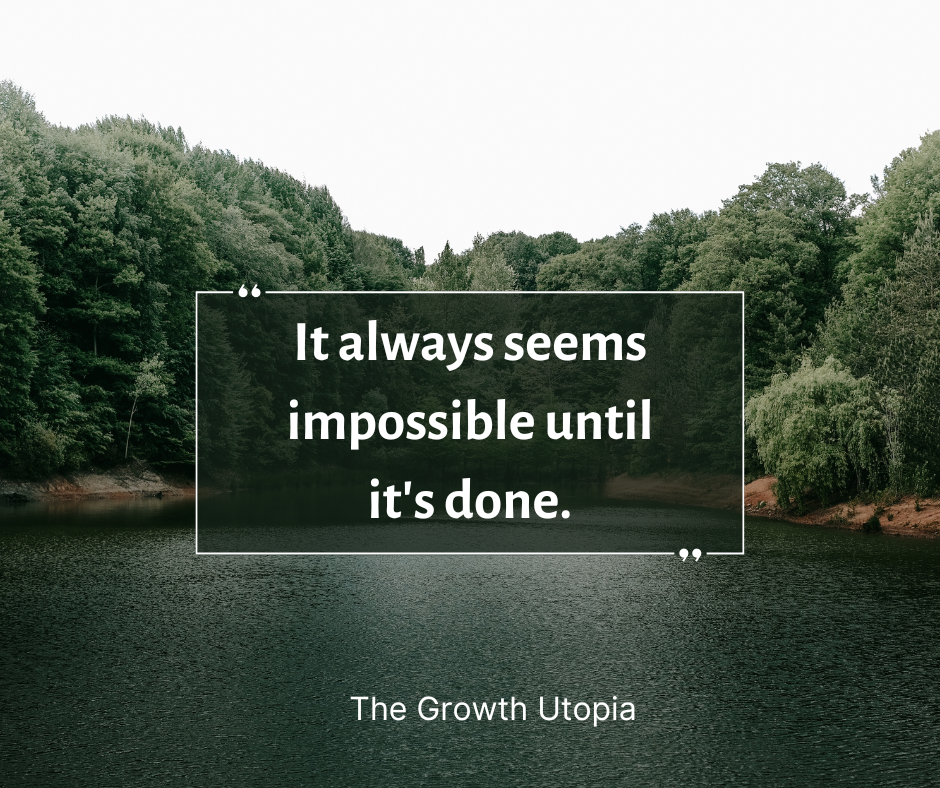
Steps to Create Your Life Vision
Creating a vision for your life is an intentional process that requires reflection and self-awareness. Here are the steps to help you craft a meaningful vision:
1. Reflect on Your Values
Start by identifying your core values—these are the principles that guide your decisions and actions. Consider what matters most to you in life. Is it family, health, career success, creativity, adventure, or personal development? Understanding your values will provide a foundation for your vision.
Action Tip: Write down your top five values and reflect on how they shape your current life and decisions.
2. Visualize Your Ideal Future
Take some time to envision what your ideal life looks like. Imagine where you want to live, the relationships you want to cultivate, the career you wish to pursue, and the experiences you want to have. Create a vivid mental picture of your future.
Action Tip: Use visualization techniques, such as creating a vision board or writing a detailed narrative of your ideal life. Include images, quotes, and descriptions that inspire you.
3. Set Specific Goals
Once you have a clear picture of your vision, break it down into specific, actionable goals. What steps do you need to take to turn your vision into reality? Setting SMART goals—Specific, Measurable, Achievable, Relevant, and Time-bound—will help you create a structured plan.
Action Tip: For each area of your life (career, relationships, health, etc.), write down 2–3 specific goals that align with your vision.
4. Create an Action Plan
With your goals in place, develop a detailed action plan that outlines the steps you need to take to achieve each goal. Consider what resources, skills, and support you’ll need along the way.
Action Tip: Use a planner or digital tool to map out your action steps and set deadlines for completion. Break larger tasks into smaller, manageable steps to maintain momentum.
5. Stay Flexible and Adaptable
Life is unpredictable, and your vision may evolve over time. Be open to adjusting your goals and action plan as needed. Regularly revisit your vision to ensure it still aligns with your values and aspirations.
Action Tip: Schedule regular check-ins (e.g., quarterly or annually) to assess your progress, reflect on your experiences, and make any necessary adjustments to your vision.
6. Surround Yourself with Support
Share your vision with supportive friends, family, or mentors who can help keep you accountable and motivated. Their encouragement and insights can provide valuable perspective and help you navigate challenges.
Bringing Your Vision to Life
Creating a vision for your life is just the first step; the real work comes in turning that vision into reality. Here are some tips for staying on track:
- Practice Consistency: Stay committed to your action plan and prioritize your goals daily. Consistent effort, even in small increments, will lead to significant progress over time.
- Celebrate Small Wins: Acknowledge and celebrate your achievements, no matter how small. This positive reinforcement will keep you motivated and remind you of how far you’ve come.
- Stay Positive: Cultivate a positive mindset by practicing gratitude and self-compassion. Focus on your strengths and the progress you’re making, rather than dwelling on setbacks.
4. Practicing Mindfulness in Decision-Making:
In today’s fast-paced world, decision-making can often feel overwhelming. Whether it’s choosing a career path, navigating relationships, or making everyday choices, the pressure to make the “right” decision can lead to anxiety and uncertainty. Practicing mindfulness in decision-making can help you approach choices with clarity, reduce stress, and cultivate confidence in your actions. we’ll explore what mindfulness is, its benefits for decision-making, and practical strategies to incorporate mindfulness into your decision-making process.
What is Mindfulness?
Mindfulness is the practice of being fully present in the moment, paying attention to your thoughts, feelings, and sensations without judgment. It encourages awareness of the here and now, allowing you to observe your experiences rather than react impulsively. Mindfulness can help you cultivate a deeper understanding of yourself, leading to more thoughtful and intentional decision-making.
The Benefits of Mindfulness in Decision-Making
- Increased Clarity Mindfulness helps you step back from the chaos of daily life and gain perspective. By calming your mind, you can think more clearly and assess situations without the cloud of stress or emotional turmoil.
- Reduced Anxiety When faced with difficult decisions, anxiety can hinder your ability to think rationally. Mindfulness practices, such as meditation and deep breathing, can reduce anxiety levels, allowing you to approach decisions with a more balanced mindset.
- Enhanced Self-Awareness Mindfulness encourages self-reflection, helping you understand your values, motivations, and emotional triggers. This self-awareness is crucial for making decisions that align with your true self.
- Improved Focus Mindfulness enhances your ability to concentrate, enabling you to gather relevant information and weigh your options more effectively. A focused mind can lead to better, more informed decisions.
- Greater Emotional Regulation Mindfulness helps you recognize and manage your emotions, preventing impulsive reactions. By understanding your feelings, you can make decisions based on rational thought rather than emotional responses.
Mindfulness in decision-making is about slowing down enough to listen to our inner wisdom before taking action.”
Conclusions
The power of daily choices cannot be underestimated. Each small decision we make, whether it’s opting for a healthier meal, dedicating time to a hobby, or simply choosing a positive mindset, contributes to the larger tapestry of our lives. These seemingly minor changes accumulate over time, leading to significant transformations in our health, relationships, and overall happiness. By recognizing the impact of our daily choices and consciously making decisions that align with our goals and values, we can create a ripple effect of positive change. Embracing this mindset empowers us to take control of our lives, one small choice at a time, ultimately guiding us toward a more fulfilling and enriched existence. Remember, the journey to a better life starts with the choices you make today.
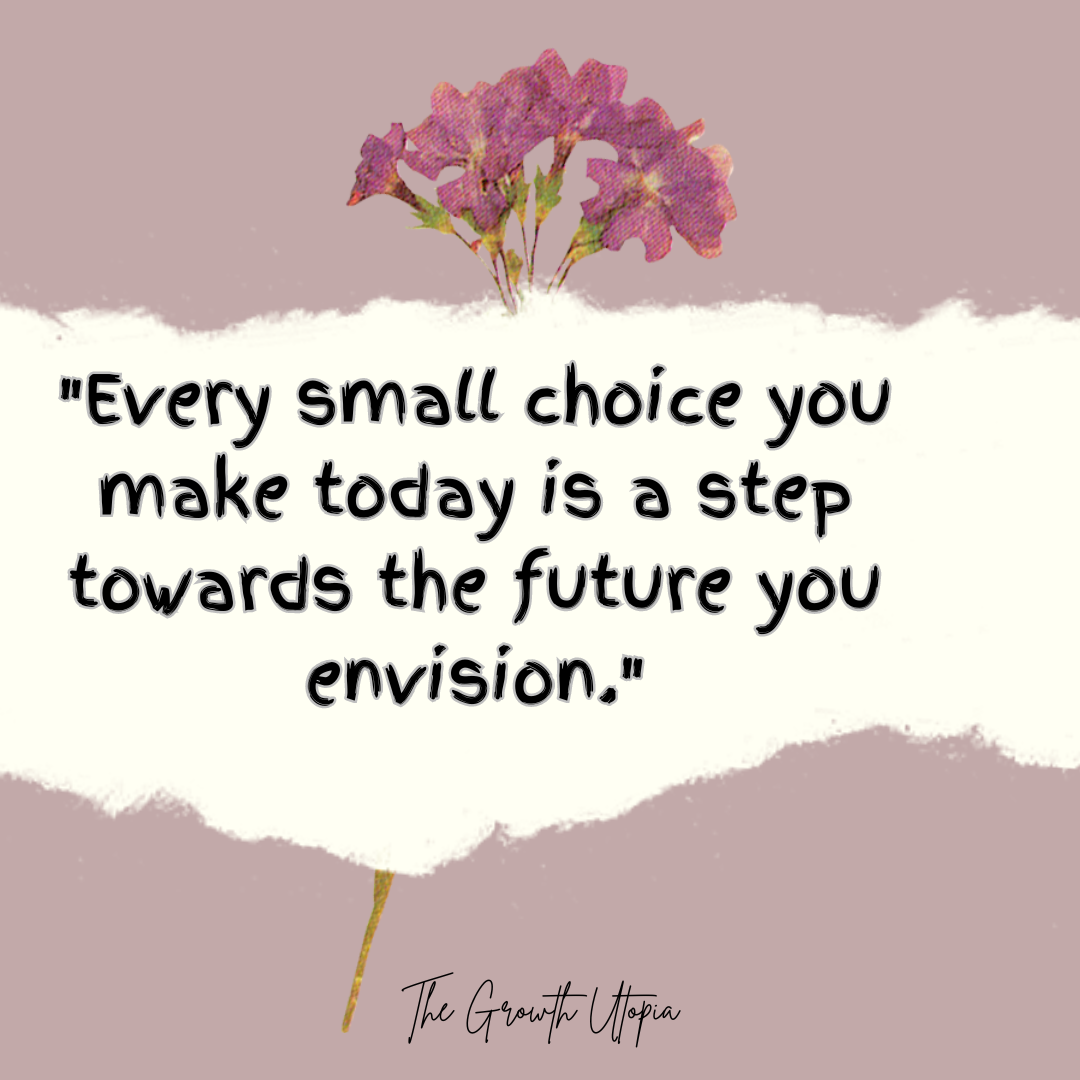
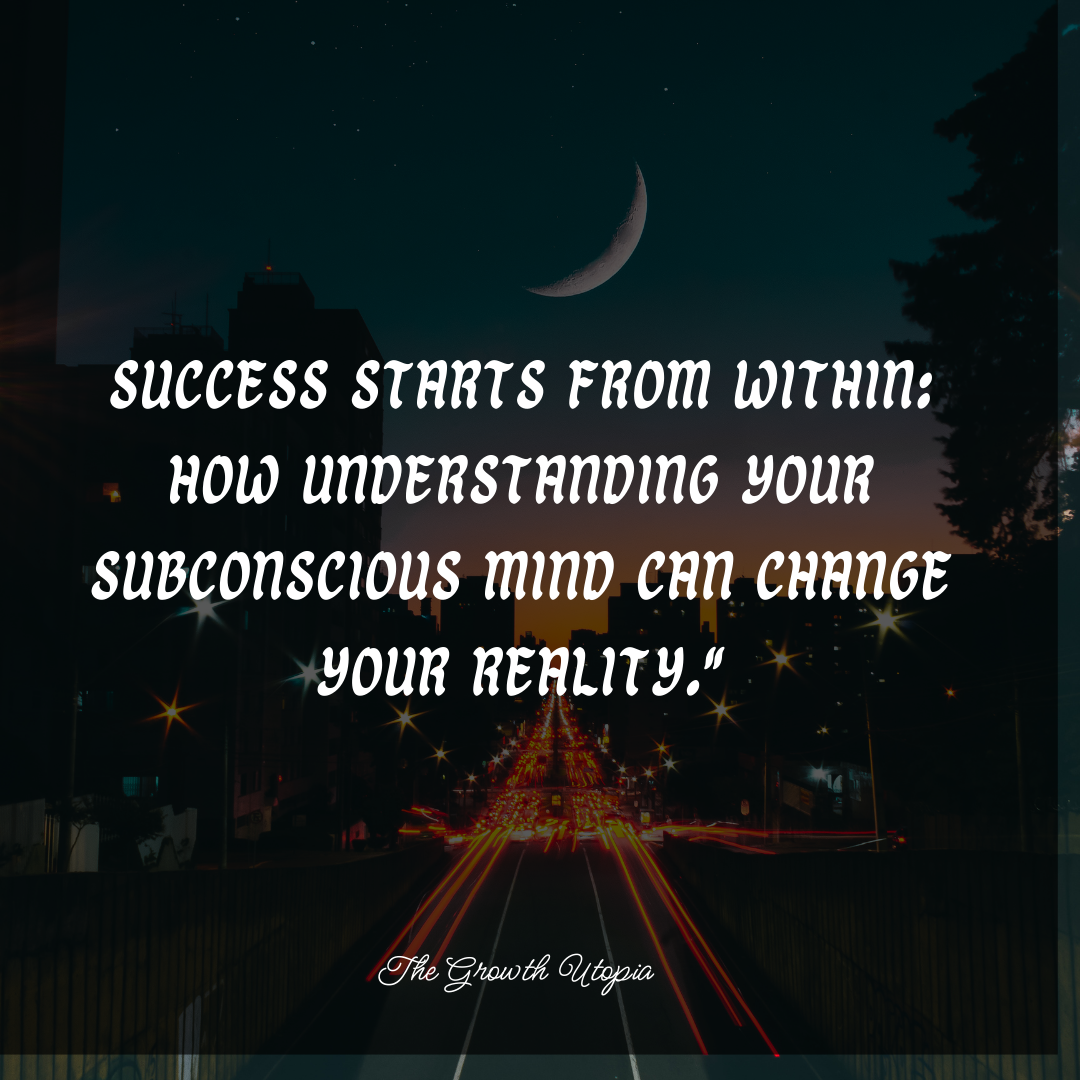
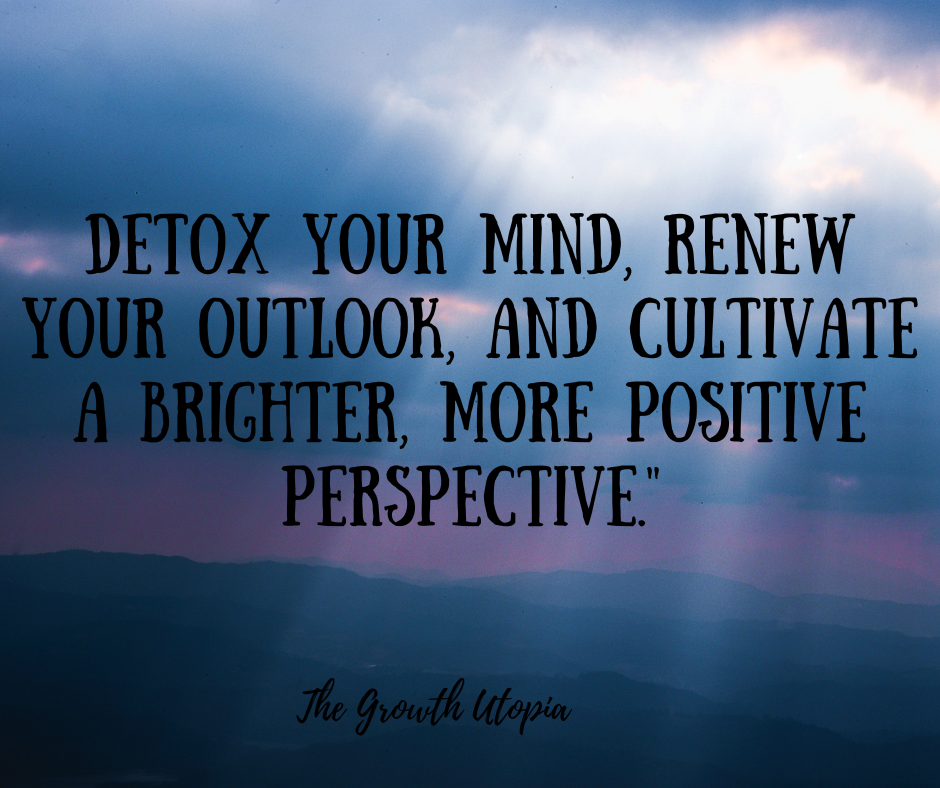
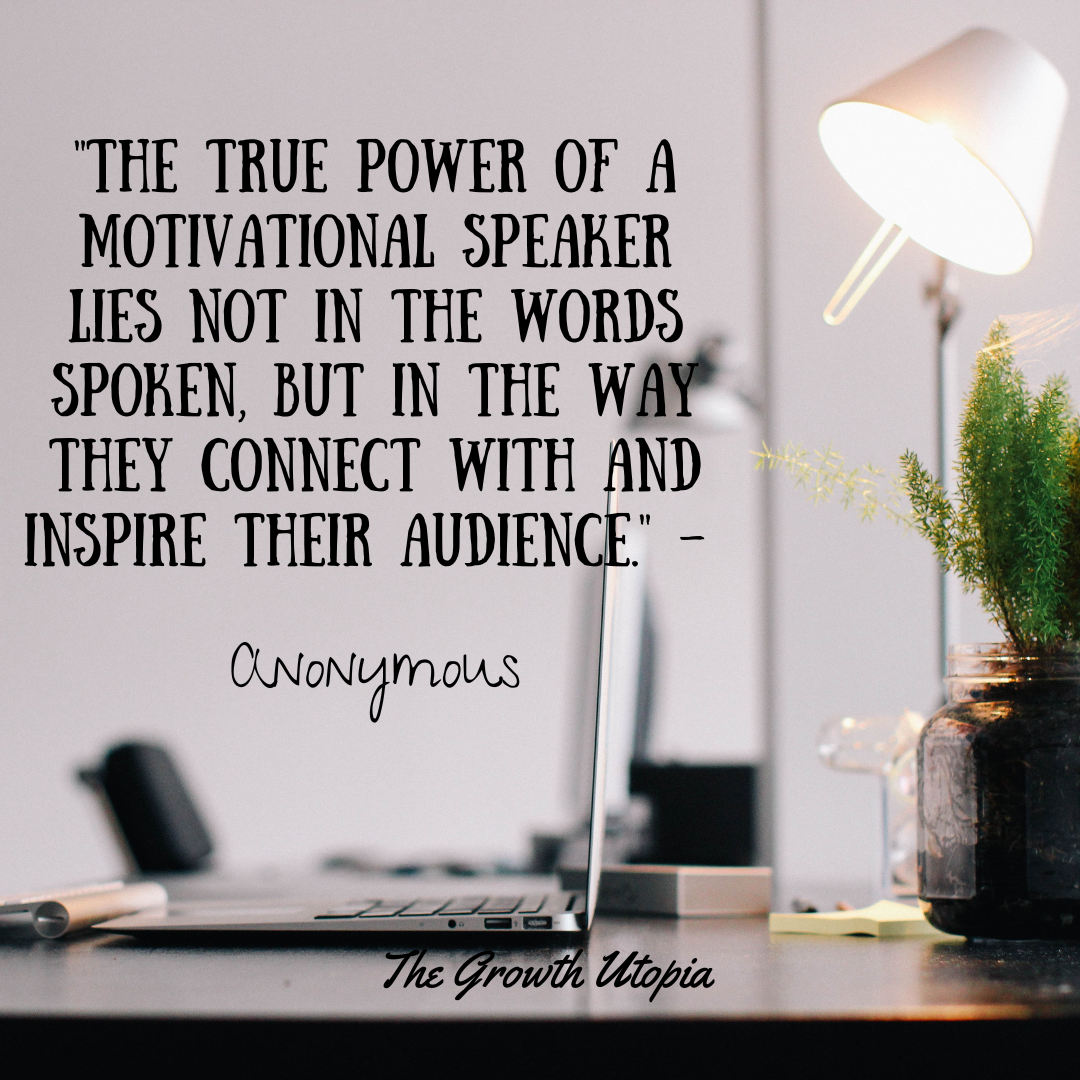


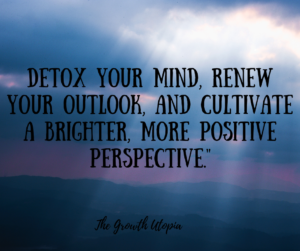

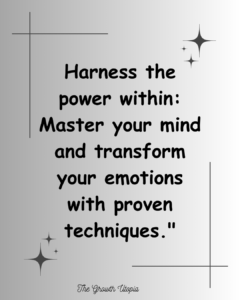
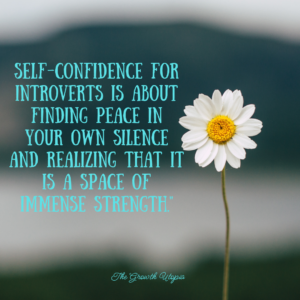
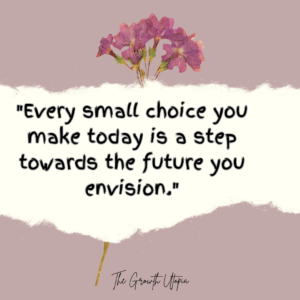

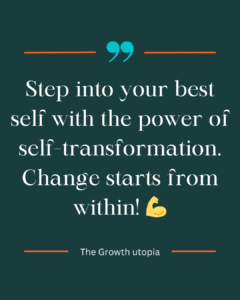

Post Comment